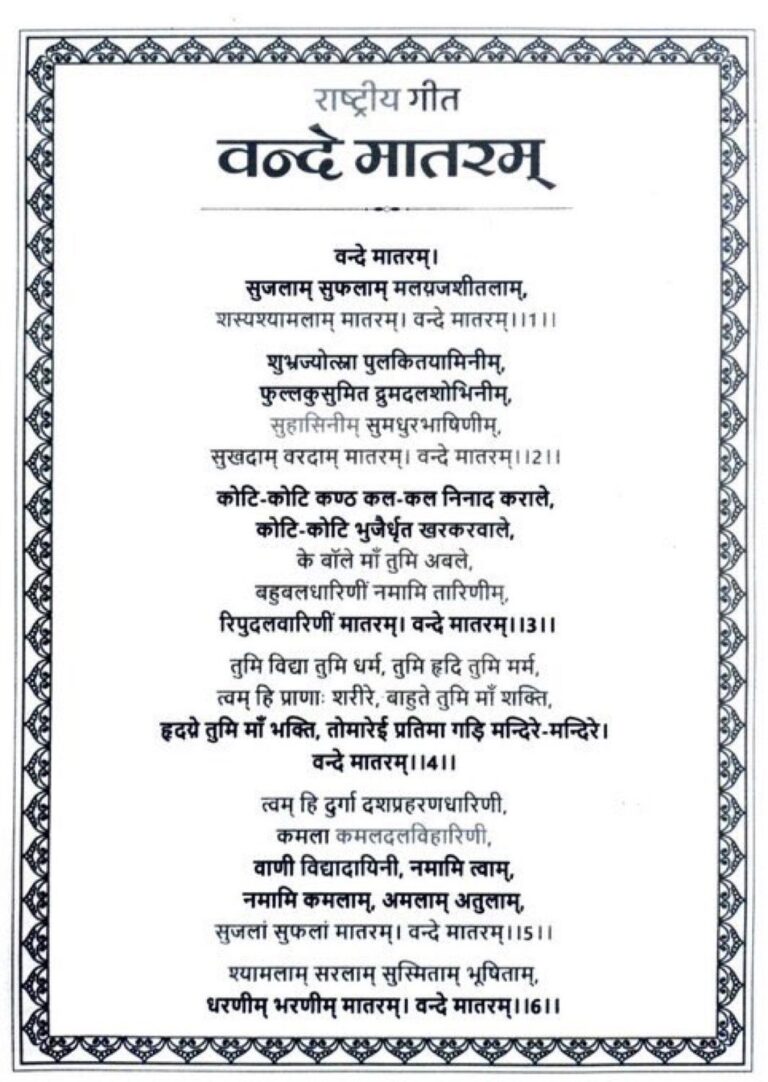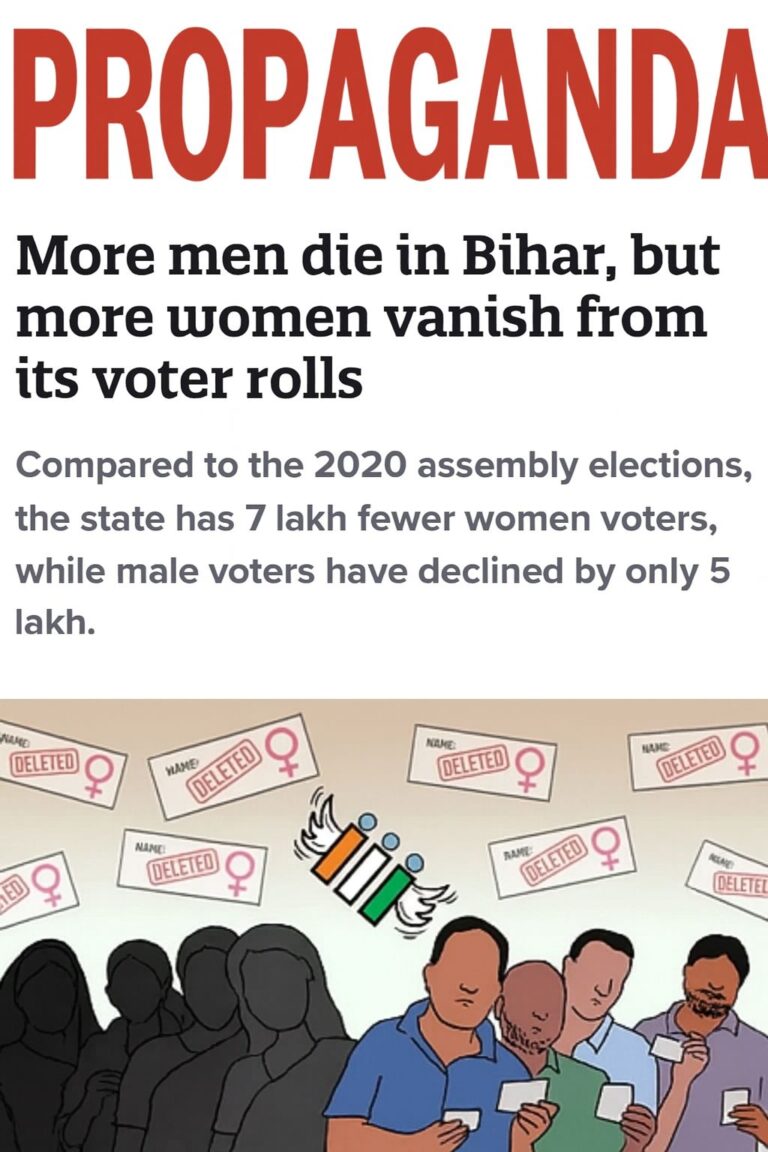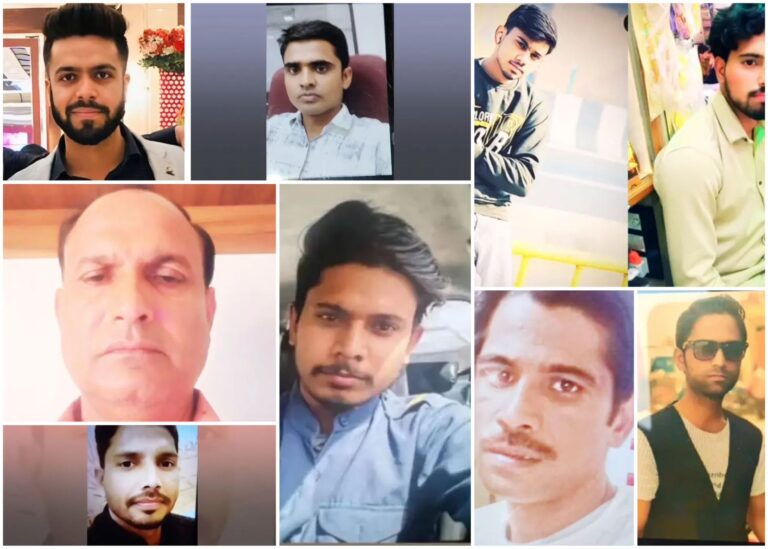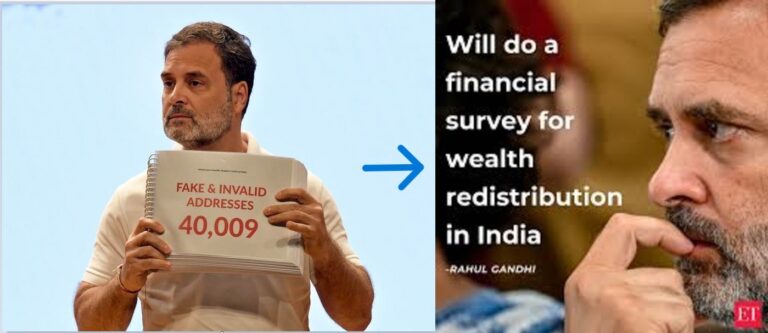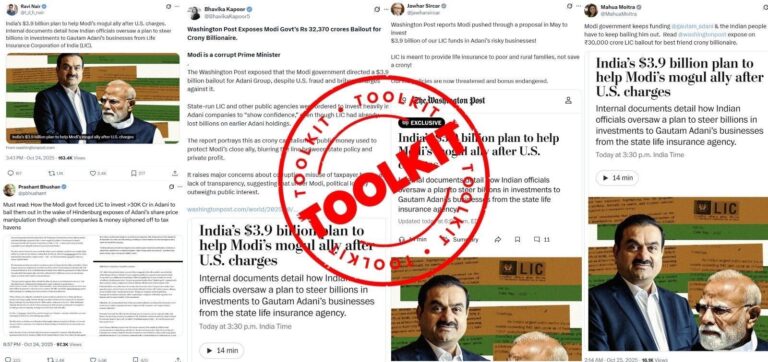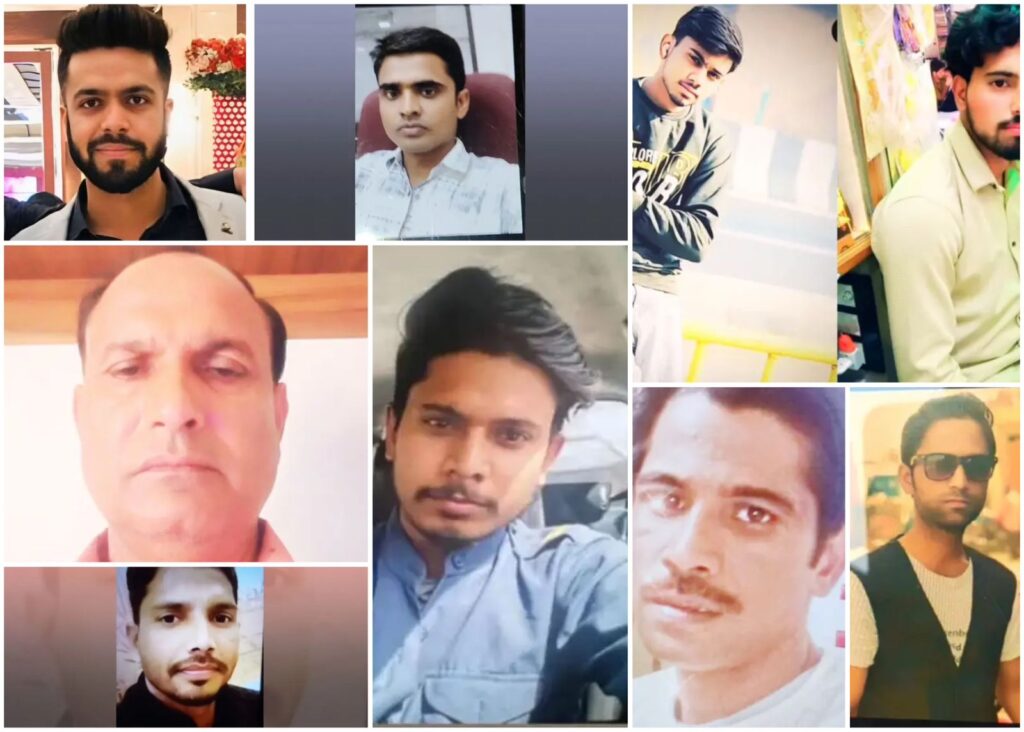
In the wake of the devastating car explosion near Delhi’s Red Fort Metro Station on November 10, 2025, that claimed 13 lives and shattered countless more, television screens and news feeds across India have been flooded with one narrative: the family of the suspected perpetrator. Reporters camp outside modest homes in far-flung villages, microphones thrust forward as relatives of the accused tearfully defend their kin or plead for understanding. Hours of airtime dissect the upbringing, schooling, and quiet routines of those connected to the tragedy’s architect, painting a portrait of normalcy turned nightmare. But amid this frenzy, a profound silence echoes—the stories of the victims, the everyday souls whose lives were extinguished in an instant, and the families now navigating an abyss of grief and uncertainty. Today, we turn the lens toward them: the resilient kin holding vigils, piecing together legacies of love and labor. We begin with the Agarwal family, whose patriarch Lokesh embodied quiet generosity, and weave through tales of breadwinners, dreamers, and devoted fathers whose absences leave voids too vast to measure. These are portraits drawn from heartfelt conversations, faded photographs, and the unyielding spirit of those who remain.
Lokesh Agarwal: The Community Pillar Who Gave Without Fanfare

Lokesh Agarwal, 58, was more than a fertilizer trader from Hasanpur in Amroha district, Uttar Pradesh—he was the heartbeat of his village. Widowed five years ago after a long battle with illness claimed his wife, Lokesh raised his three children—a son and two daughters—with the steady hand of a man who knew loss but never let it harden him. His home in Rahra Adda was a modest two-room affair, walls adorned with faded photos of family weddings and school certificates, a testament to his belief in education as the great equalizer. His kindness extended to strangers too; he’d slip extra fertilizer to struggling farmers on credit, trusting repayment would come in smiles, not rupees.
On that fateful Tuesday, Lokesh had traveled to Delhi to visit his ailing mother-in-law at Sir Ganga Ram Hospital, a duty he undertook without complaint despite the 200-kilometer journey on a rattling bus. En route home, he paused near the Red Fort Metro Station to meet his old friend Ashok Kumar for a simple lunch of parathas—a ritual born from decades of shared laughter over chai. The blast stole that moment, leaving his motorcycle mangled and his family shattered.
Amar Kataria: The Only Son Whose Dreams Wove a Family’s Future
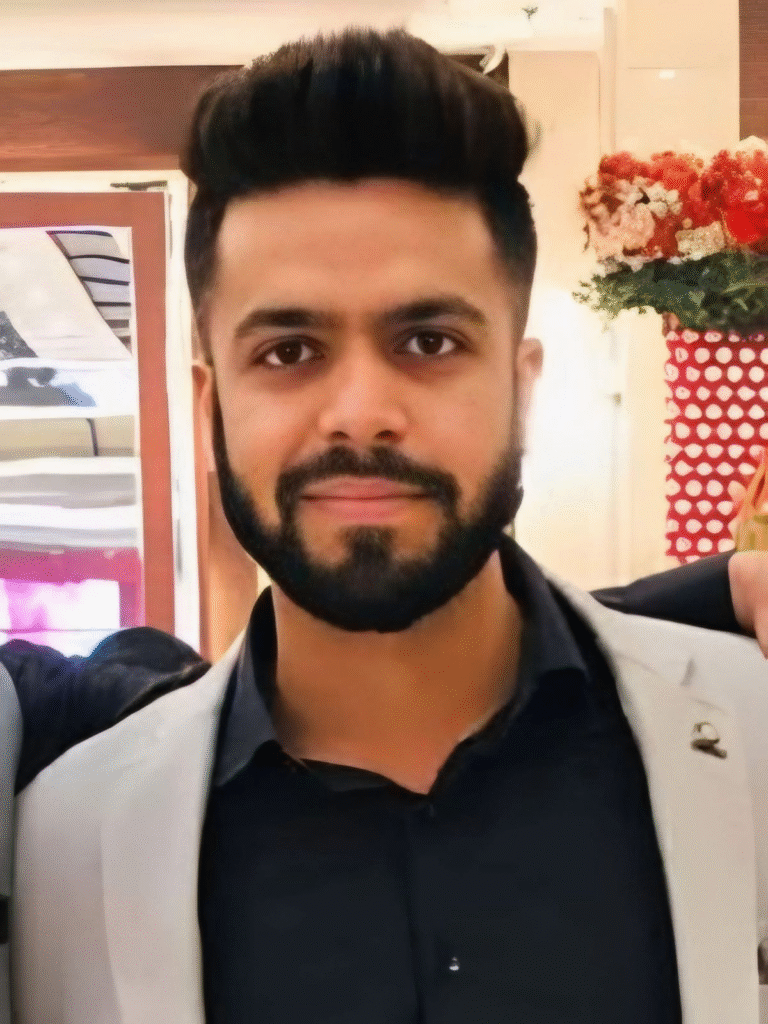
If Lokesh was the village’s unsung hero, Amar Kataria, 34, was the ambitious thread binding his Delhi household together. Hailing from the bustling lanes of Sriniwaspuri in South Delhi, where the air hums with the chatter of garment merchants, Amar ran a small store at Bhagirath Palace in Chandni Chowk, dealing in vibrant fabrics that turned ordinary outfits into celebrations. As the only son of his aging parents, he shouldered the weight of their dreams with a grin that lit up the narrow alleyways. Married to his college sweetheart, Neha, for eight years, Amar doted on their three-year-old son, Aryan, whom he called “my little emperor.”
Amar’s roots ran deep in a family of modest means; his father, a retired tailor, had stitched uniforms for neighborhood schools, instilling in him a work ethic forged in late nights and early dawns. The Katarias’ two-bedroom flat, modest but meticulously organized, overflowed with Aryan’s toys and stacks of fabric swatches—visions of expanding the business into an online venture.
Ashok Kumar: The Tireless Conductor Who Ferried Dreams on Two Wheels

Ashok Kumar, 34, was the steady rhythm of his Delhi life, a Delhi Transport Corporation bus conductor whose uniform hid a heart as vast as the routes he patrolled. From Amroha district in Uttar Pradesh—specifically the villages of Hasanpur, Mangraula, or Rahra Adda—Ashok had migrated years ago, building a home in Jagatpur with his wife, three minor children, mother, and elder brother. Their modest quarters, alive with the chatter of schoolgoing kids and the aroma of his wife’s fresh rotis, stood as a beacon of his unyielding provision. Once a milk seller and occasional security guard, Ashok’s conductor gig was his anchor, each ticket punched a step toward better days
The family’s roots in Amroha spoke of resilience—his mother, a widow who wove baskets for extra income, taught him the art of turning scarcity into sustenance. That Tuesday, Ashok was en route from work, perhaps detouring to meet friend Lokesh for lunch after a relative’s visit, when fate intervened. His bike, traced via registration, became the thread reuniting his scattered family at the hospital.
Dinesh Kumar Mishra: The Press Worker Whose Ink Flowed with Family Pride

Dinesh Kumar Mishra, 34, poured his soul into the whir of Chawri Bazaar’s printing presses, a craftsman from Chiknipurwa village in Shravasti district, Uttar Pradesh, whose steady hands etched not just posters but the future of his loved ones. Married to Reena Devi, with three young children scampering underfoot, Dinesh’s Bahraich-area home was a canvas of his affections—walls papered with their drawings, shelves of Diwali sweets he helped pack post-festivities.
From a family of weavers and tillers, Dinesh’s migration was laced with letters home, each inked with promises of school fees met.
Pankaj Sahini: The Taxi Captain Whose Roads Led to Family Horizons

Pankaj Sahini, 22, gripped the wheel of his WagonR with the fervor of youth unbound, a three-year taxi operator whose Delhi routes mapped ambitions for his close-knit clan. From a background woven with urban grit, Pankaj’s family—parents and siblings in a bustling household—drew from his tales of night shifts and passenger quirks, each kilometer a fund for siblings’ tuitions. The blast’s fury reduced his vehicle to ruin, his form identified by the raw toll on his frame, relative Ramdev notified through police lines.
Nauman Ansari: The Young Trader Whose Laughter Lighted Family Burdens

Nauman Ansari, just 22, carried the weight of his world on youthful shoulders, a cosmetics trader from Jhinjhana town in Shamli district, Uttar Pradesh. With elderly parents relying on his earnings, four sisters looking to him for guidance, and an elder brother battling kidney failure on dialysis, Nauman’s days were a whirlwind of wholesale runs to Delhi’s Chandni Chowk markets. His family’s single-story home.
Mohsin: The Migrant Driver Whose Stories Bridged Distant Homes

Mohsin, 32, chased Delhi’s glittering promise from New Islamnagar in Meerut, Uttar Pradesh, where his wife and two young children waited with bated breath for his remittances. An e-rickshaw driver.
Jumman: The Devoted Driver Whose Strength Sustained the Vulnerable

Jumman, a steadfast e-rickshaw driver in Delhi’s labyrinthine streets, was the quiet fortress for his differently-abled wife and three children, their home a sanctuary of adaptive joys amid challenges. Though specifics of his origins blur in the fog of grief, his life wove through the city’s pulse, ferrying loads great and small with a nod and a smile
In a family where resilience was kin, Jumman’s GPS-tracked absence that day unraveled into horror—his body, bearing the blast’s cruel marks, recovered by friend Ifthikhar amid the wreckage.
The Unnamed E-Rickshaw Driver
Unidentified Victims: Hospital lists (e.g., from LNJP and Maulana Azad Medical College) include at least 4–5 unnamed deceased (ages approx. 28–58), often listed by physical descriptions like clothing or tattoos due to the blast’s severity. Full identification is ongoing.
This list is based on the latest reports as of November 12, 2025; updates may emerge as identifications continue. My condolences to all affected.
Om Shanti …
Author : Sandiip Gandotra, is a serial entrepreneur, startup founder, social media influencer and political analyst with 25 years of overall experience. Tweets at Sandeep Gandotra

